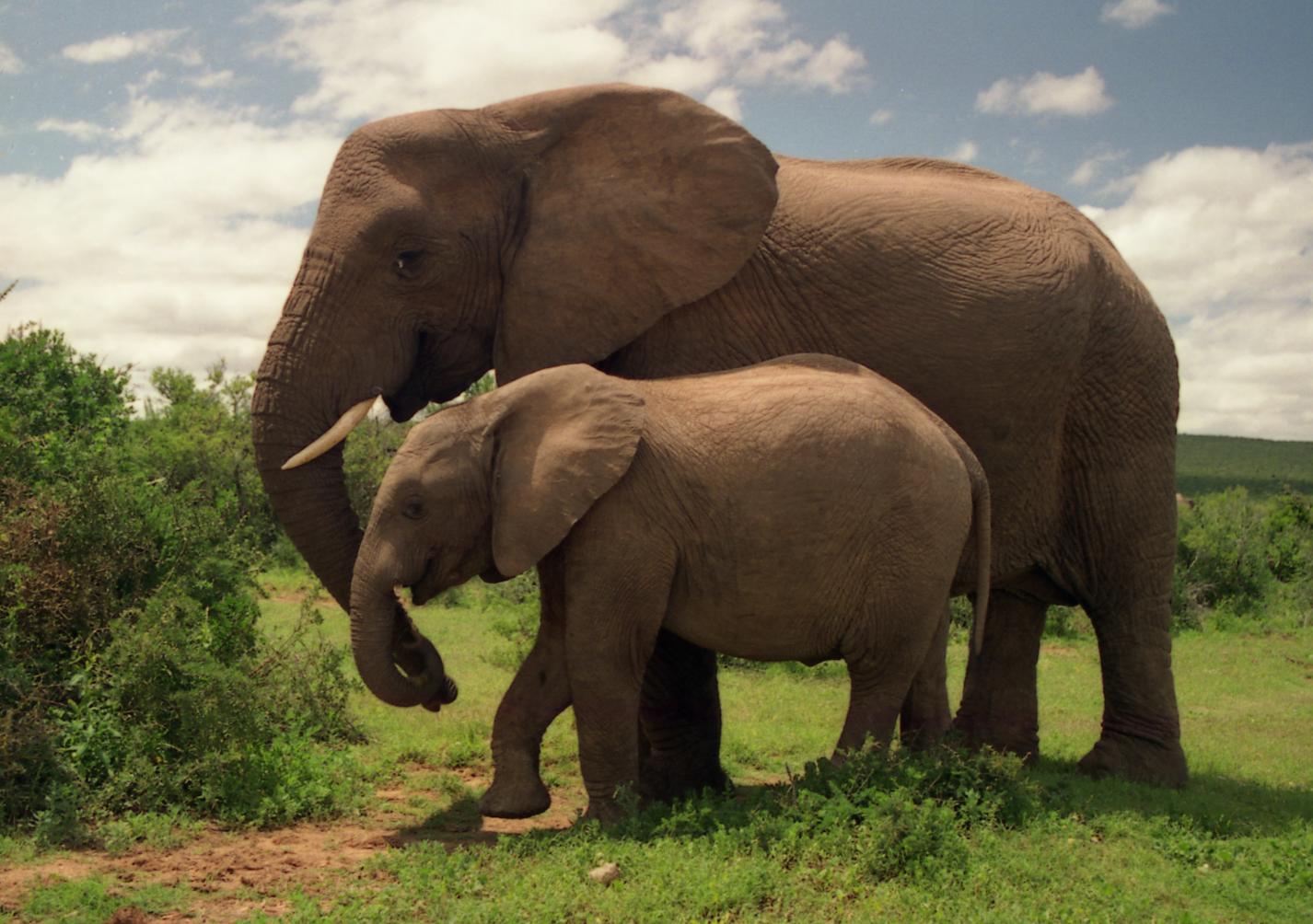The role of Africa in halting supply of illegal ivory
Nations must co-operate and educate their citizens, says the Foreign Minister of Uganda

A growing demand for ivory from Asia - despite its sale being illegal in many Asian countries - is often cited as the root cause of the escalation in poaching of elephants and rhinos.
How the international community works to halt this demand will be discussed in London this week at a global conference hosted by the British Government. At last, the illegal wildlife trade is being treated with the urgency it deserves.
In Uganda - a country that is home to thousands of the world’s remaining wild elephants, as well as other highly endangered species such as the mountain gorilla - we have a crucial role to play in tackling the ivory trade and in the wider discussions taking place.
Yet while emphasis is increasingly placed on halting demand from Asia, too little focus is being placed on the nations of Africa and our responsibility to halt supply. In recent years this has not been successful – and serious change is needed in laws, policing, and education. We also need to work to provide alternatives to the livelihoods that poaching – however criminal - provides.
In Uganda we have a good story to tell: the Ugandan Wildlife Authority’s park rangers, in cooperation with the army, police and other national agencies, have used sophisticated surveillance techniques and improved security to halve the number of elephant deaths by poaching from 25 in 2011 to 11 in 2013.
The Parliament of Uganda is planning this year to build on this advance by amending the Uganda Wildlife Act to include far tougher penalties for those caught poaching or facilitating supply.
However, Uganda should not and cannot act alone in Africa. Indeed, there are three initiatives we need to take to tackle poaching that can only be addressed by African inter-governmental co-operation: policing habitats that cross borders, tackling terrorism and rebel groups that fund their activities from the ivory trade, and educating our populations on the importance of protecting our wildlife.
We are making some headway on cross-border co-operation. The last remaining habitat of the mountain gorilla crosses the borders of Uganda, Rwanda and the Democratic Republic of Congo.
Their numbers have been increasing in recent years because of cooperation between our three countries in policing the gorilla’s forest home. Now more coordination is needed between countries that contain the majority of the elephant and rhino populations. We must more efficiently share intelligence on the movements and activities of poachers, jointly monitor animals that roam freely across borders, and have equally tough legislation in each country to prosecute poachers and facilitators of their trade.
When it comes to tackling groups such as the Lord’s Resistance Army, that same cooperation is needed. As a terrorist group, they have operated across Uganda’s northern borders into South Sudan and west into DRC, and have funded their operations through illicit trade including the poaching and supply of ivory. Similarly cooperation, including military activity, must be considered as an option to break this link in the ivory trade.
Yet this alone will not address the simple fact that many citizens of African countries, perhaps inoculated by the abundance of natural beauty that surrounds them, do not yet share sufficiently the importance of respect and care for endangered animals.
We need to increase education and information for citizens, and particularly for young people on the importance of protecting and nurturing our wildlife and natural world. And we must explain why for ethical as well as economic reasons poaching is so dangerous to the people of Africa.
Attitudes and practices on many critical issues – from women’s rights to the dangers of smoking - have been successfully changed in Africa in recent years through public information campaigns run by NGOs, international development agencies such as the UK’s DFID and African governments themselves.
Yet despite some examples of African-based animal rights and welfare campaigns, this issue has too often been the preserve of concerned Western expatriates. We need to bring the issue of poaching and its devastating effects more directly to the citizens of African countries to make them far more aware of its dangers and, crucially, make them key to the solution.
In countries where farming, animal husbandry and herding remain key livelihoods for many, we must explain to people through such campaigns that poaching of endangered species is unacceptable. Those who profit from this trade threaten the livelihoods of many others, particularly those who work in the tourism industry. Indeed, the greed of poachers and their facilitators have potentially just as devastating an effect on an industry on which millions of Africans depend as it does on the future survival of species such as the elephant and the rhino.
This does not begin to address the issue of demand for ivory and other products of the illegal animal trade, but demand could not exist if there were no way to supply. So just as international efforts to dismantle this illicit business and tackle demand in Asia are vital, it is just as crucial that African governments better police, prosecute and educate - because stopping the ivory trade starts in Africa.
Join our commenting forum
Join thought-provoking conversations, follow other Independent readers and see their replies
Comments